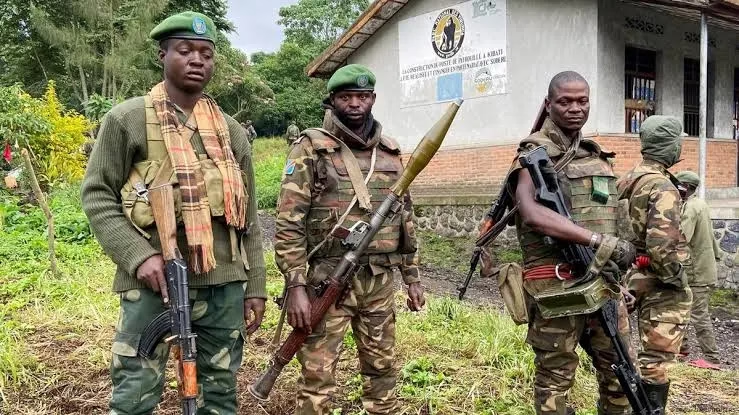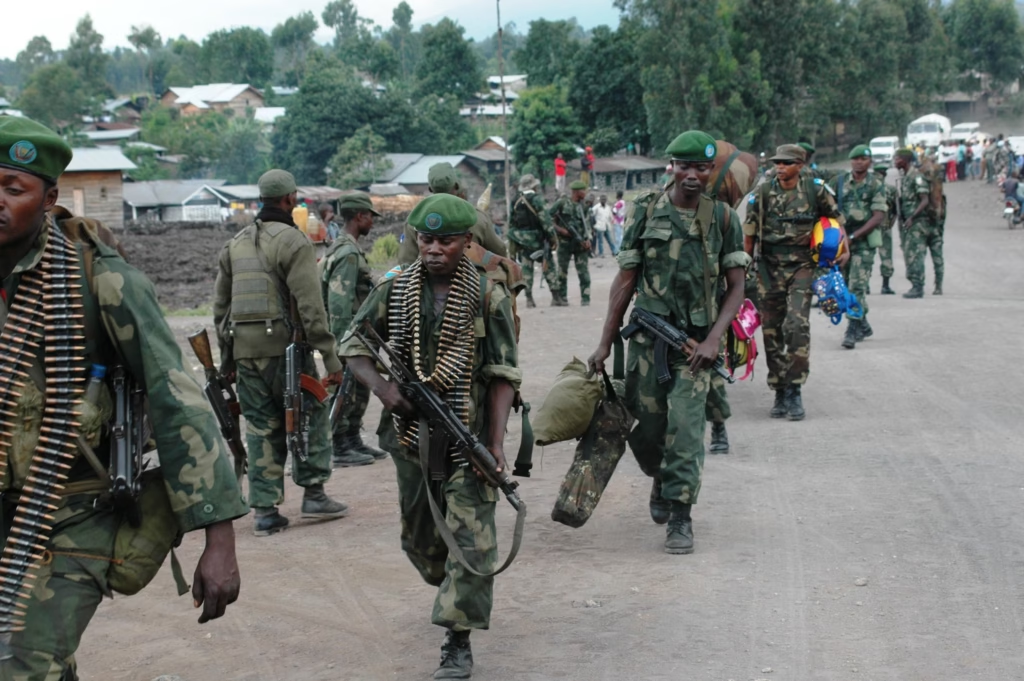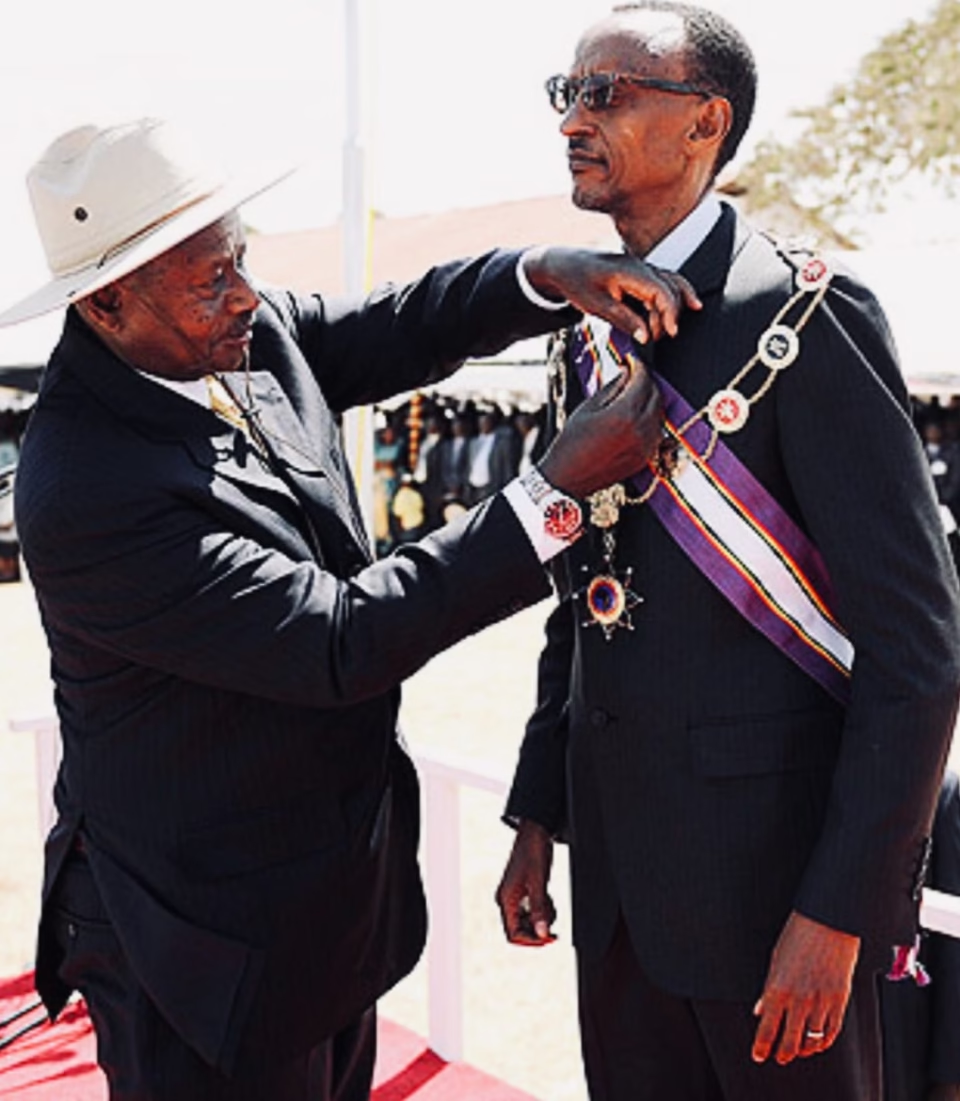The M23 issue is a complex conflict in the Democratic Republic of Congo (DRC) that requires a nuanced and multi-faceted approach. Many experts and leaders agree that African-led initiatives and solutions are crucial in addressing this issue.

Here are some reasons why:
- Cultural understanding: Africans are more familiar with the cultural, historical, and social contexts of the conflict, which is essential in finding effective solutions.
- Regional expertise: African regional organizations, such as the African Union (AU) and the International Conference on the Great Lakes Region (ICGLR), have a deeper understanding of the regional dynamics and can play a key role in mediating the conflict.
- Ownership and accountability: When Africans take the lead in addressing the M23 issue, they are more likely to feel a sense of ownership and accountability for the solutions implemented.
- Reducing external influence: By handling the issue internally, Africans can reduce the influence of external powers, which can sometimes perpetuate or exacerbate conflicts.
- Building African capacity: African-led initiatives can help build the capacity of African institutions and leaders to address complex conflicts, promoting self-sufficiency and reducing reliance on external intervention.
Examples of African-led initiatives addressing the M23 issue include:

- The African Union’s Peace and Security Council (PSC) has been actively engaged in finding a peaceful solution to the conflict.
- The ICGLR has facilitated dialogue between the DRC government and the M23 rebels.
- The Southern African Development Community (SADC) has also been involved in efforts to resolve the conflict.
While international cooperation and support are still essential, it is widely acknowledged that African-led initiatives are crucial in addressing the M23 issue and promoting lasting peace and stability in the region.



